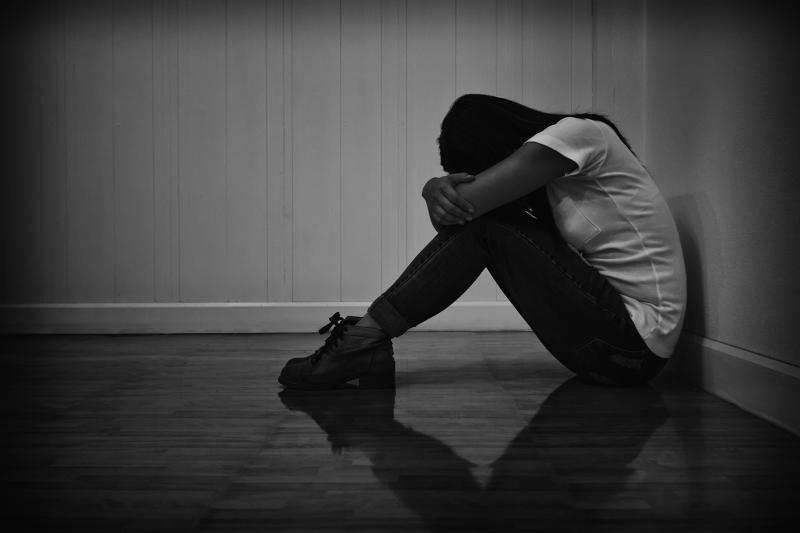 Anxiety and stress over test results is just one of the few risks faced by individuals who carry out genetic testing.
Anxiety and stress over test results is just one of the few risks faced by individuals who carry out genetic testing.Post-traumatic stress disorder is highly common among cancer patients and correlates with distress, depression and anxiety, a recent study has found.
Researchers enrolled 1,017 adult cancer patients (mean age, 57.6±14.4 years; 513 males) who were asked to accomplish the Post-traumatic Symptom Scale (PTSS-10) and Hospital Anxiety and Depression Scale (HADS). Breast, haematological and lung malignancies were the most common cancers in the sample.
The median PTSS-10 score was 9 points. Majority (68.3 percent; n=695) scored below 12.5 points. Analysis according to sex showed that females were significantly more likely than males to clear the 12.5-point score threshold (24.5 percent vs 38.9 percent; p<0.001).
In comparison, the median HADS anxiety score was 6 points, with most of the participants (63.1 percent; n=642) scoring less than 8 points; 22.3 percent (n=227) scored between 8 and 11 points, while the remaining 14.6 percent (n=148) scored above 11 points. Females were again significantly more likely to surpass 11 points (20.4 percent vs 8.6 percent; p<0.001).
The median depression score was 4 points, with only 13.2 percent scoring above 11 points. Majority (72.5 percent; n=737) fell below the 8-point cutoff. There was no observable gender effect for depression.
Scores in the PTSS-10 correlated significantly with the depression (coefficient, 0.637) and anxiety (coefficient, 0.708) subscales of the HADS, and with the HADS total score (coefficient, 0.744; p-all<0.01). All correlations were of large magnitudes.